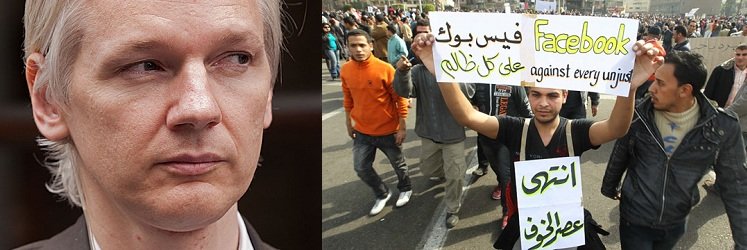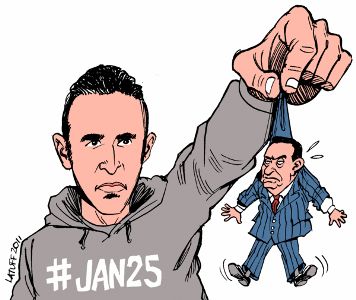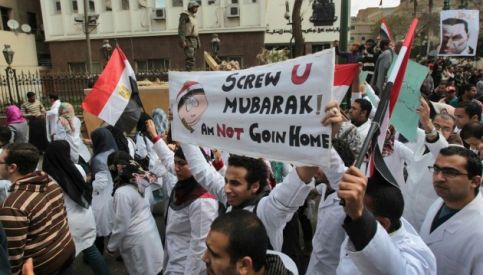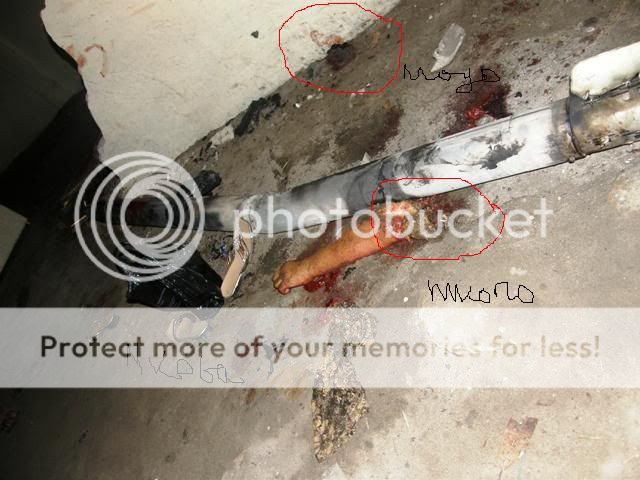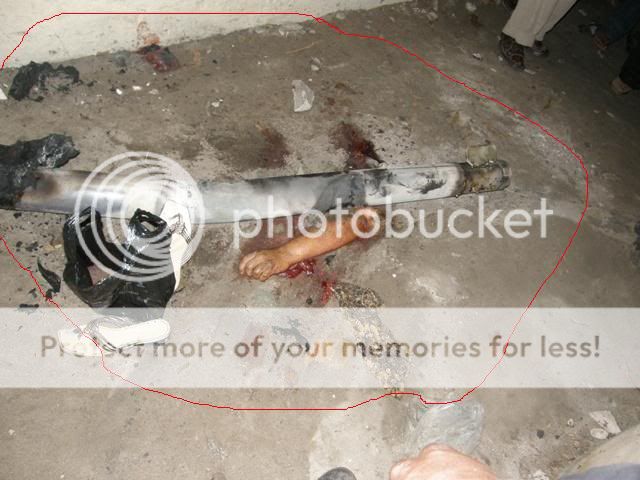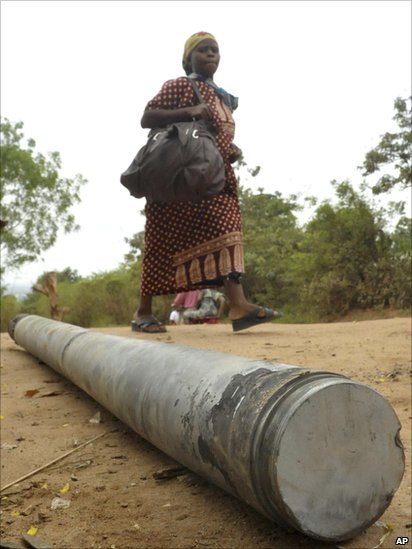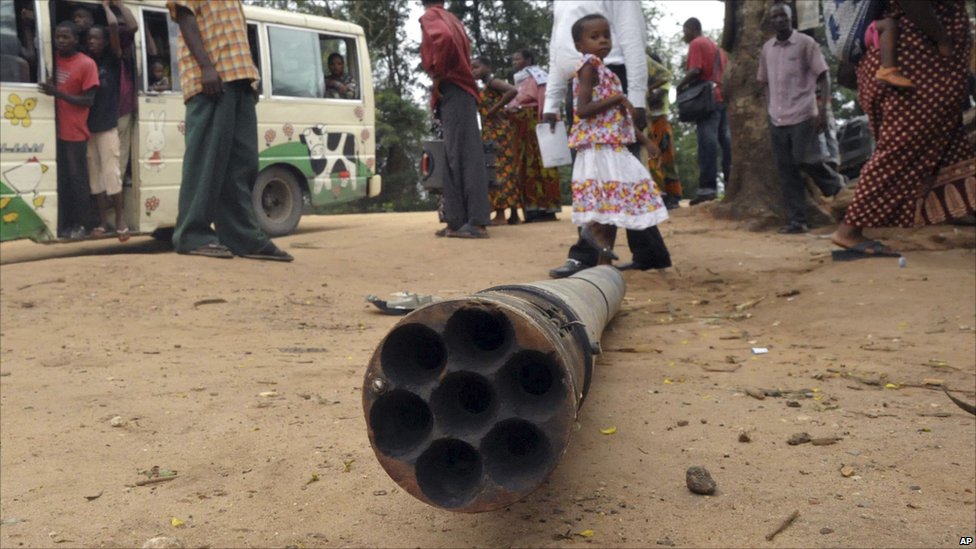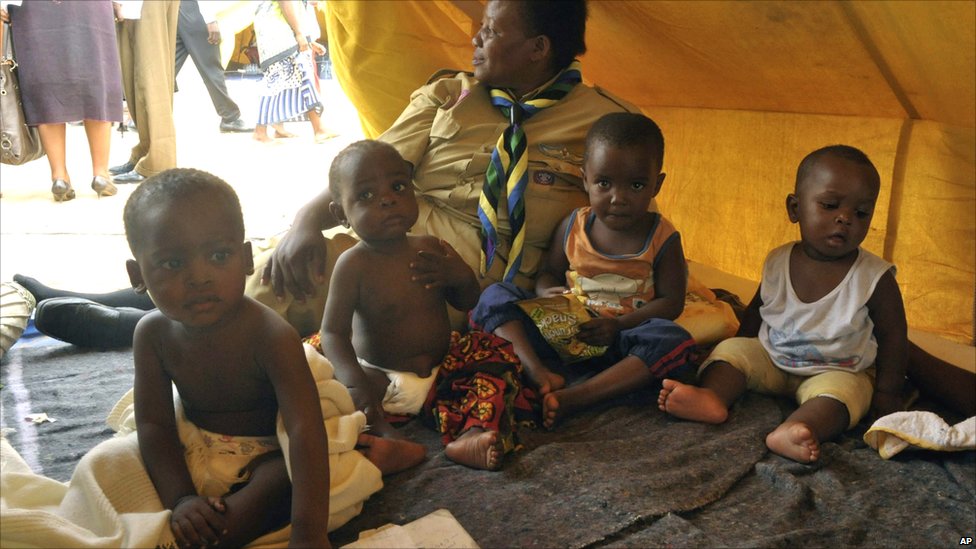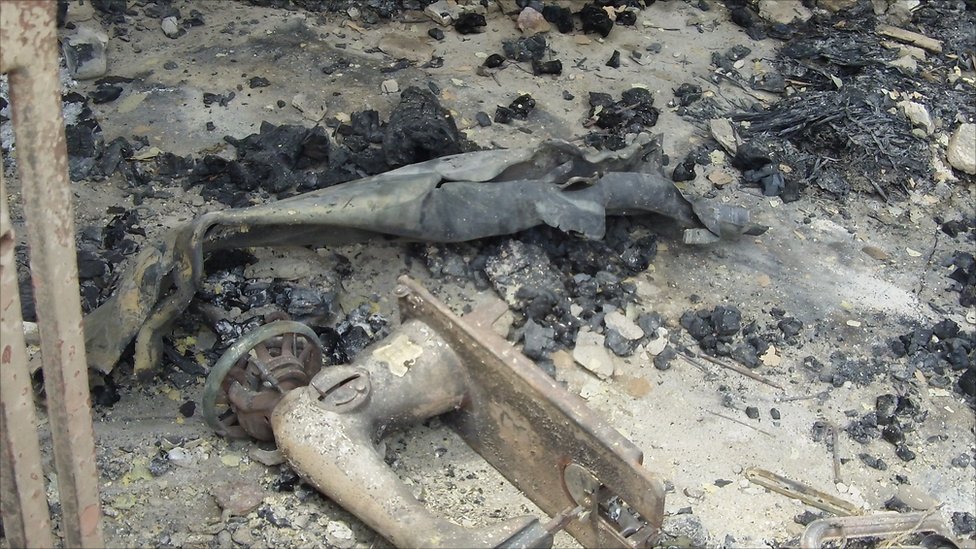Uwezo Tunao
JF-Expert Member
- Nov 14, 2010
- 6,942
- 1,190
- Thread starter
- #81
HII ANASA YA SERIKALI KWA WABUNGE (3.7/-bn) ITUMIKE KUANZISHA MCHAKATO WA KATIBA MPYA NA TUME HURU YA UCHAGUZI KUPITIA BUNGENI.
Taifa ambalo limepigika na kukaribia kukata tamaa kama hili la kwetu kamwe haliwezi kulipia anasa yote hiyo wakati taifa linalala gizani, waajiri kupungua gharama kwa kuondoa nguvu kazi.
Isitoshe, tukithaminisha anasa hii kama ada ya wanafunzi chuo kikuu nadhani wenye akili humo, akina Prof Mwakyusa, Mwakyembe , Magufuli ... lazima wataona aibu sana tu!!
Hela hii wanaopewa kila mbunge, mbali na mshahara na maruourupu nyinginezo, bima ya afya na nyumba, ni kiasi cha fedha ambacho wakipewa wote mahesabu yake ni sawa na kusomesha chuo kikuu wanafuni wa Masters kwa idadi:
1. Ada ya Mwanafunzi mmoja wa Masters mpaka kumalia shule ni wastani wa Tsh. 4,500,000/-.
2. Hivyo Mbunge mmoja anapopewa hela za bwerere Tsh 90,000,000/- ni sawa na kusema kawanyima nafasi ya kusoma chuoni watoto wa walipa kodi 20.
3. Na pale ambapo zaidi ya wabunge 360 wanatarajia kupewa hela hiyo ni sawa na kusema watoto wa walipa kodi 7,200 hapati haki.
4. Na ukizingatia ukweli kwamba mfanya kazi mmoja tu hutegemewa ama moja kwa moja au kwa njia nyinginezo na watu wasiokua na kipato cha uhakika wastani wa watu 15; hii inamaanisha kwamba serikali KWA MAKUSUDI inatayarisha bahari la Wamachinga na omba omba wasiopungua 108,000 ambayo nayo itakua ikijiongeza kwa mtindo wake
5. Nako pia msisahau kwa Dowans ikilipwa leo hizo bilioni 76 (wastani wa Tsh 114 trilioni) kitapeli sasa hapo ndio taifa tutakua tumekosa kusomesha kama hao kwa idadi ya milioni 26 endapo vipaumbele wetu ni kupereka tu watu shule.
KWA MTINDO HUU TAIFA HILI SI KIPINDI KIREFU KITAVUNA HASIRA ZA AKINA MOHAMED BOUSAZIZI WENGI WENGI SANA endpo katiba mpya, ambayo ndio imebeba majibu haya ma-extravagance yote, itaendelea kuchezewa kama tunavyoona hivi sasa.
Taifa ambalo limepigika na kukaribia kukata tamaa kama hili la kwetu kamwe haliwezi kulipia anasa yote hiyo wakati taifa linalala gizani, waajiri kupungua gharama kwa kuondoa nguvu kazi.
Isitoshe, tukithaminisha anasa hii kama ada ya wanafunzi chuo kikuu nadhani wenye akili humo, akina Prof Mwakyusa, Mwakyembe , Magufuli ... lazima wataona aibu sana tu!!
Hela hii wanaopewa kila mbunge, mbali na mshahara na maruourupu nyinginezo, bima ya afya na nyumba, ni kiasi cha fedha ambacho wakipewa wote mahesabu yake ni sawa na kusomesha chuo kikuu wanafuni wa Masters kwa idadi:
1. Ada ya Mwanafunzi mmoja wa Masters mpaka kumalia shule ni wastani wa Tsh. 4,500,000/-.
2. Hivyo Mbunge mmoja anapopewa hela za bwerere Tsh 90,000,000/- ni sawa na kusema kawanyima nafasi ya kusoma chuoni watoto wa walipa kodi 20.
3. Na pale ambapo zaidi ya wabunge 360 wanatarajia kupewa hela hiyo ni sawa na kusema watoto wa walipa kodi 7,200 hapati haki.
4. Na ukizingatia ukweli kwamba mfanya kazi mmoja tu hutegemewa ama moja kwa moja au kwa njia nyinginezo na watu wasiokua na kipato cha uhakika wastani wa watu 15; hii inamaanisha kwamba serikali KWA MAKUSUDI inatayarisha bahari la Wamachinga na omba omba wasiopungua 108,000 ambayo nayo itakua ikijiongeza kwa mtindo wake
5. Nako pia msisahau kwa Dowans ikilipwa leo hizo bilioni 76 (wastani wa Tsh 114 trilioni) kitapeli sasa hapo ndio taifa tutakua tumekosa kusomesha kama hao kwa idadi ya milioni 26 endapo vipaumbele wetu ni kupereka tu watu shule.
KWA MTINDO HUU TAIFA HILI SI KIPINDI KIREFU KITAVUNA HASIRA ZA AKINA MOHAMED BOUSAZIZI WENGI WENGI SANA endpo katiba mpya, ambayo ndio imebeba majibu haya ma-extravagance yote, itaendelea kuchezewa kama tunavyoona hivi sasa.




